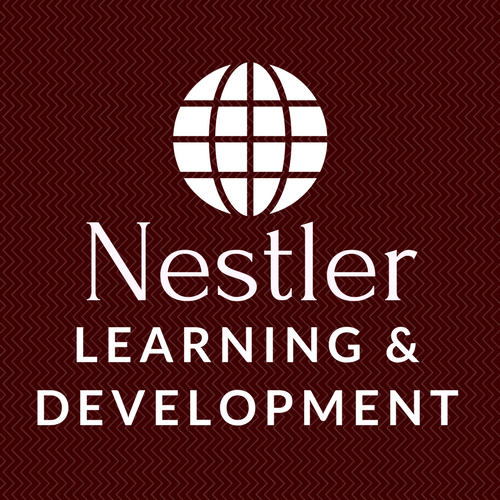I think, therefore I am: Descartes
We are all hungry to find out what others think of us. Am I admired, respected, appreciated, loved? See also this wiki.
One of my clients for whom I am doing a teambuilding program asked me if I could include something on self-awareness. His idea of self-awareness scared me because he wanted people to be confronted by their colleagues on issues of whether they were seen as friendly, approachable, engaged, etc. He even wanted a dialog about what people wore in the office and what it said about how they saw their role and commitment to the organization
That launched me on a review of the literature and the Internet resources. I can tell you that most of what I saw on YouTube on the subject is a massive waste of time. It reminded me of those magazines with “15 steps to a better love life".
But, as I might have suspected, the most meaningful ideas about self-awareness came to me from Daniel Goleman’s writings on emotional intelligence. He has this nice summary outline defining self-awareness.
Emotional awareness: Recognizing one’s emotions and their effects. People with this competence:
Know which emotions they are feeling and why
Realize the links between their feelings and what they think, do, and say
Recognize how their feelings affect their performance
Have a guiding awareness of their values and goals
Accurate self-assessment: Knowing one’s strengths and limits. People with this competence are:
Aware of their strengths and weaknesses
Reflective, learning from experience
Open to candid feedback, new perspectives, continuous learning, and self development
Able to show a sense of humor and perspective about themselves
Self-confidence: Sureness about one’s self-worth and capabilities. People with this competence:
Present themselves with self-assurance
have “presence”
Can voice views that are unpopular and go out on a limb for what is right
Are decisive, able to make sound decisions despite uncertainties and pressure
It is still not an easy topic for a teambuilding, but armed with Goleman’s ideas I will give it a try. As always, your thoughts are very welcome.
For many of my coaching clients, the most valuable thing I can do is hold a mirror up to them so they can see themselves for who they are. But the mirror only works when people know what to look for. Have you ever seen someone who watches a video of himself making a really powerful presentation, and his remark is “That outfit makes me look fat”. Really looking at ourselves means seeing beyond your little pimples to connect with what others look for in you, what is important: your actions and your underlying values.
It takes acceptance of one’s own self, which requires realistic self-confidence or “being comfortable in your own skin”. Sadly there are some people who have developed a pattern of trying to appear to be something they are not. This is especially tragic when what they are is something others would appreciate, if they would just stop putting on a show and be authentic. Nobody likes a phony, but why do we then so often try to act like we are something we are not.
To really become self-aware I think a person needs the ability to be objective about the most personal and vulnerable thing in their life – one’s own self. And it requires stopping to engage in self-reflection. Do you stop from time to time and ask yourself whether your actions speak louder than your words
But let’s not ignore the benefits of getting honest and constructive feedback from others. Most of us employ a protective mechanism which causes signals to be sent out to colleagues, friends and family which says “Don’t tell me what you really think; just tell me I’m wonderful (or loved).” That might be good for the ego, if we believe the praise. But it provides nothing we can learn from to help us go through life learning and improving.
Leaders are especially victims of this. Subordinates feel it is not their job to tell the boss when she or he is not good at something or that he or she has made a bad decision. The Hans Christian Andersen children’s tale of The Emperor’s New Clothes comes to mind here.
In my coaching I encourage people to seek feedback about their leadership behavior from their peers. Asking a trusted person who has seen you at work if they would spend half an hour giving you some feedback can be amazingly valuable. Be prepared to ask specific questions about your communication skills, clarity, how you give feedback, your accessibility to subordinates, your focus on goals, consistency, listening skills, or whatever you are hungry to know more about.
Another great technique is to keep a leadership diary in which you make an entry at the end of each day about what you feel you did well and what could have been done better, or wasn’t done at all and should have been. Reviewing that after a month might reveal some patterns that can be very instructive.
In summary, if we want to become more capable we have two powerful tools: self-reflection to learn from our successes and failures and the gift of feedback from others. Take time to get in touch with yourself and discover your strengths – and the things you would like to turn into strengths. You are already amazing and your potential is huge. But it helps to work on it.
- Herb


